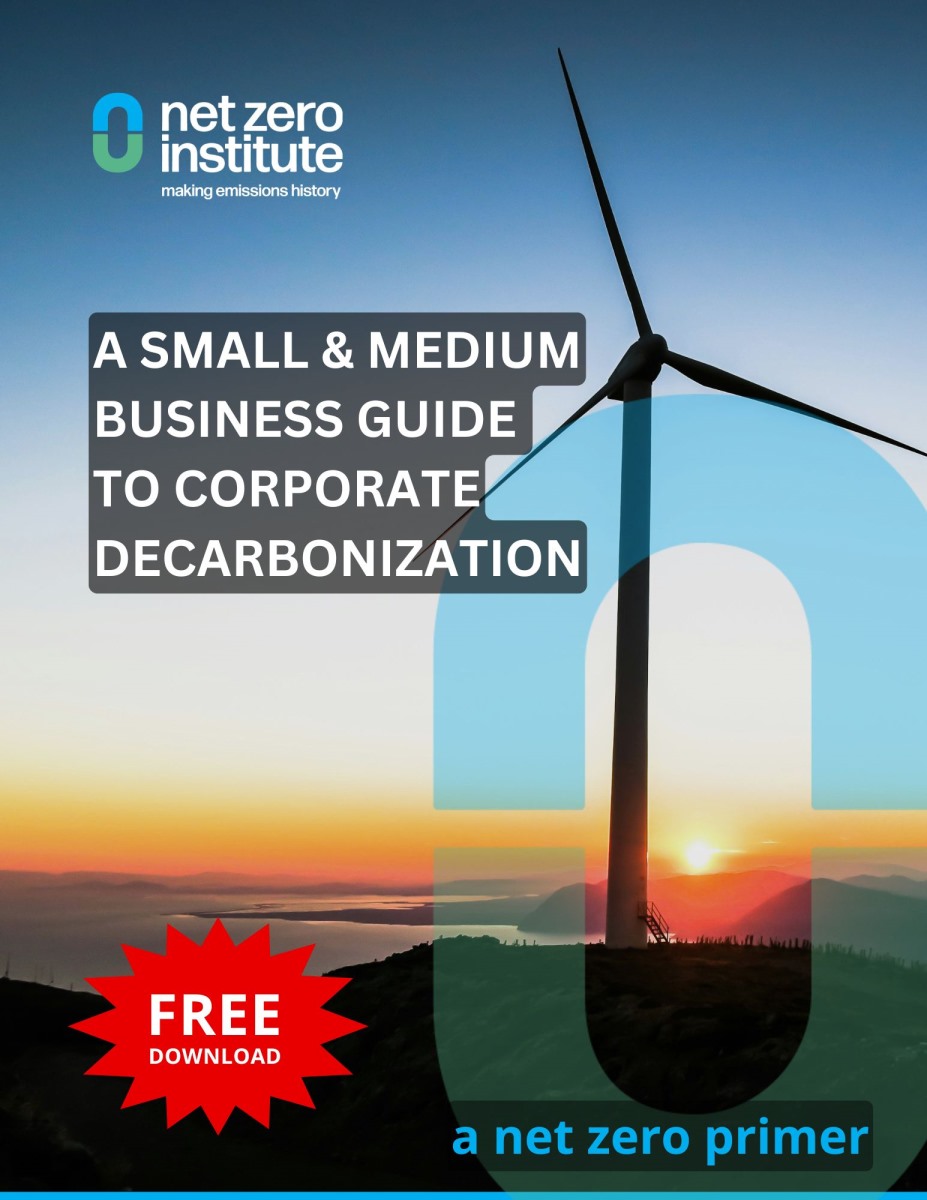Urgency in Action: Embracing Climate Change for Today's World
NZI Sustainability Q&A Series
Discussion with change-makers, leaders and experts making
a positive impact on society and planet
 Anya Gandy has spent her career at the intersection of agriculture and climate change. Anya currently works as a Sustainability Specialist consulting on strategy and implementation across the public and private sector. Previously she built and led Inari Agriculture’s Sustainability Department. She has also worked with Google’s Renewable Energy Department, and startup accelerator Launchpad to invest in startups and startup ecosystems around the world.
Anya Gandy has spent her career at the intersection of agriculture and climate change. Anya currently works as a Sustainability Specialist consulting on strategy and implementation across the public and private sector. Previously she built and led Inari Agriculture’s Sustainability Department. She has also worked with Google’s Renewable Energy Department, and startup accelerator Launchpad to invest in startups and startup ecosystems around the world.
What major trend do you anticipate shaping your industry in 2024?
Effects of environmental, social and governance regulations, particularly out of the European Union. The first wave of substantive EU reporting requirements take effect in 2024 and will not only affect EU companies, but companies operating in the EU. California has also passed strong reporting regulations, and the SEC has also been working on its own version. These regulations will most affect large, well-financed public companies, but they also create valuable opportunities for medium sized companies to differentiate their products and add value for their largest clients by investing now in environmental data collection and, more importantly, setting sustainability Targets and driving action.
How will the sustainability and decarbonization landscape evolve over the next couple of years?
There’s growing recognition that addressing climate change is no longer about protecting our grandchildren, it’s about protecting ourselves and our children already born. The vast majority of us want greater action from the public and private sector. The landscape will be defined by a widening gap between institutions and true leaders that embrace this reality as a catalyst for positive changes, and those who double down on short term profit extraction at the cost of not only medium and long-term profits, but a livable planet. For those with the courage to act - embedding circularity, renewable energy and decarbonizing their supply chain - they will be handsomely rewarded with more resilient supply chains and operations, new business opportunities and a social license to operate.
How do you personally plan to positively impact the environment?
As a sustainability professional and member of Net Zero Institute Advisory Board, my career is dedicated towards a more resilient, equitable and even thrivable society. I also spend time in the wider, less formalized sustainability community to both expand my own perspective and mentor others. While I recognize climate change as a symptom of system level issues driven by large institutions, in my personal life I have the privilege of being able to make choices like biking instead of owning a car and buying local, regeneratively produced food.
Anything else you’d like to add.
We cannot wait for new technology to act. Too often climate change challenges are framed as a technology innovation gap. Fossil fuel companies waiting on unproven carbon capture methods is a perfect example of how ‘technology gap’ has become an excuse for failing to act. While some new technology innovations like such as high efficiency energy sources are critical, the truth is most technologies are simply making the current system—benefit and harm alike—more efficient. We can thrive if our first priority is being healthy members of our ecosystem.

